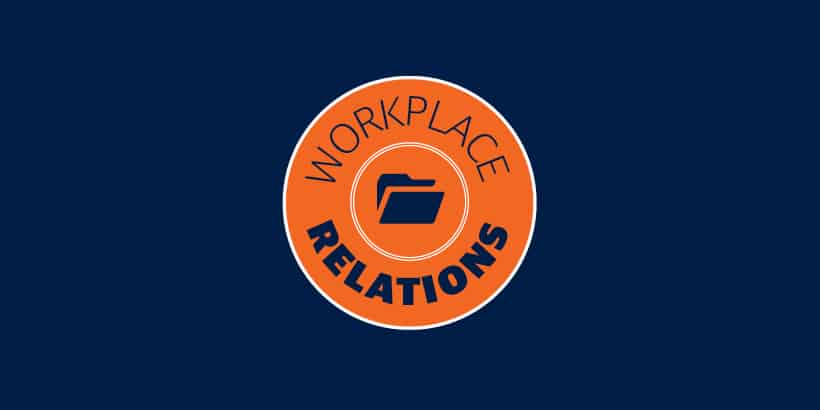
A new collective bargaining process: class exemption
July 19, 2021
Health literacy, mental health, and a holistic lens
July 19, 2021WORKPLACE RELATIONS
As AMA (NSW)’s Workplace Relations advisor, Felicity Buckley explains, probation periods are not ‘get out of jail free cards’ for under-performance.
It is common for an employment contract to contain a probation period clause. The AMA (NSW) template contracts of employment, which you may already be using, contains one. Probation periods can be helpful tools when establishing workplace expectations with a new employee. However, they are often confused with the Minimum Employment Period and should not be relied upon as a “get out of jail free” card when the employee is not performing as expected.
What is a probation period?
A probation period is a period of time at the start of a permanent employment relationship that is designed to give the employer an opportunity to assess whether the new employee is suitable for the role and the business. The conditions of the probation period need to be included in a clause in the employment contract. It is usually for a length of 3 or 6 months and commonly includes a reduced period of notice of termination, often only 1 week required by either party. It may also stipulate regular formal or informal check-ins between the employee and their manager in this period.
It is likely that this clause will have little practical effect when it comes to ending an employment contract within the set period. Particularly considering the National Employment Standards only require a minimum of 1 weeks’ notice of termination in the first year of employment. It is also important to remember that while in probation, employees continue to receive the same entitlements (ie. access to leave) as someone who is not on probation.
What is the Minimum Employment Period (MEP)?
Employees need to have been employed for a minimum of 6 months (or 12 months if the business has less than 15 employees) before they can access an unfair dismissal claim if they are terminated. In theory this means that when terminating an employee within their MEP, employers do not need to follow a fair process or give a reason for termination.
It is important to note that this MEP only applies to an unfair dismissal claim and not a general protection claim. This means that at no point can you terminate an employee for a prohibited reason, such as taking sick leave, making a workplace complaint, or family / carers responsibilities. Because of this, it is helpful to always give an employee a reason for their termination, even if they are within their MEP. It makes it clearer that it was not for any prohibited reasons.
The minimum employment period applies to all employees and is not dependant of having a probation period clause in your contracts. The length of a probation period, or the decision to extend it, will also have no influence on an MEP, it is always 6 months for employers with 15 or more employees and 12 months if you have less than 15 employees.
What are the benefits of including a probation period in my contracts?
Having a probation period clause in your employment contacts allows you to set expectations with your new employee. It is a great opportunity to review their ongoing performance, fix any problems and raise possible issues through regular meetings and catch ups. In turn, the employee can also raise any of their concerns and will hopefully feel supported in their new role.
If you require further information please contact the AMA (NSW) Workplace Relations Team at workplace@amansw.com.au.

